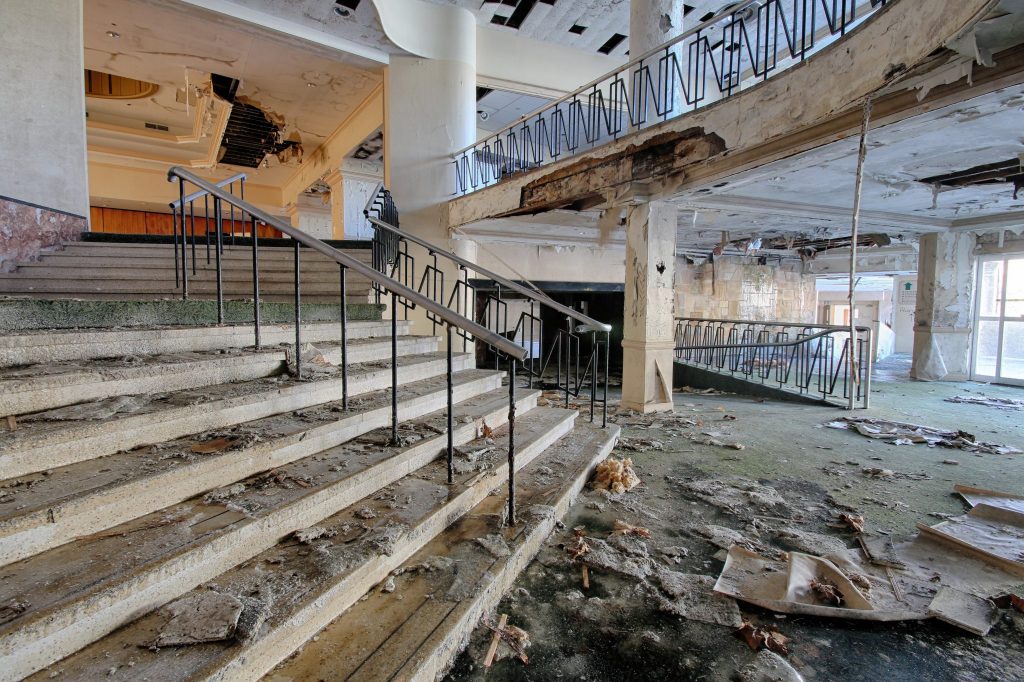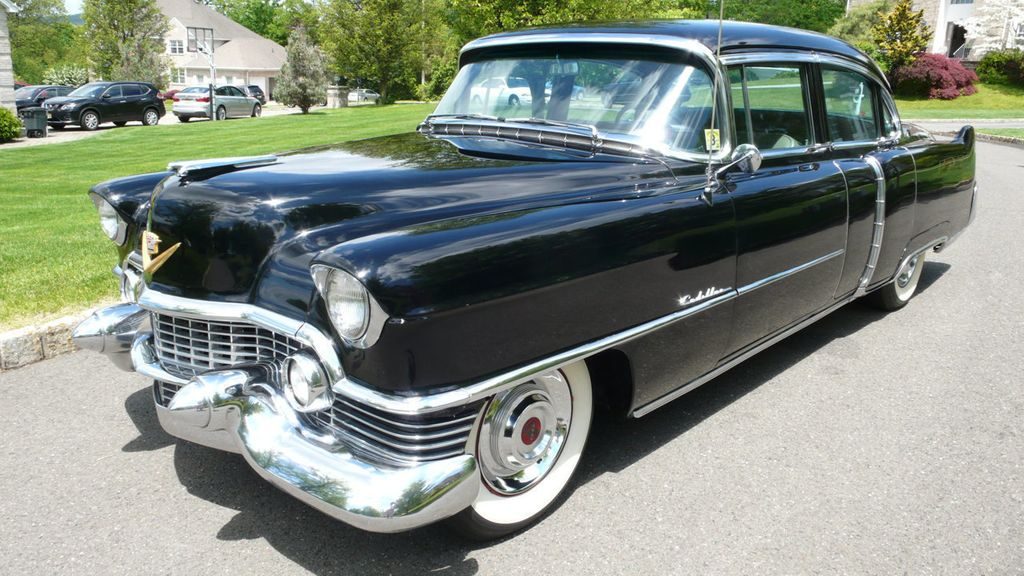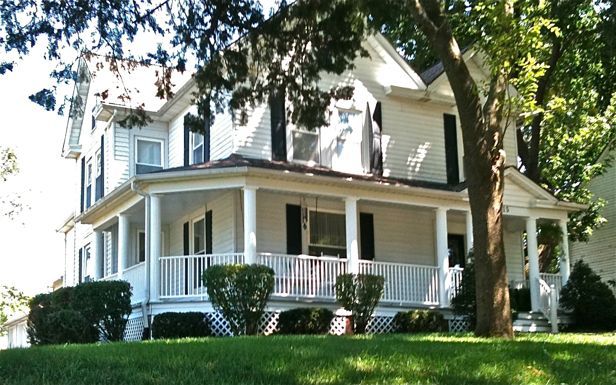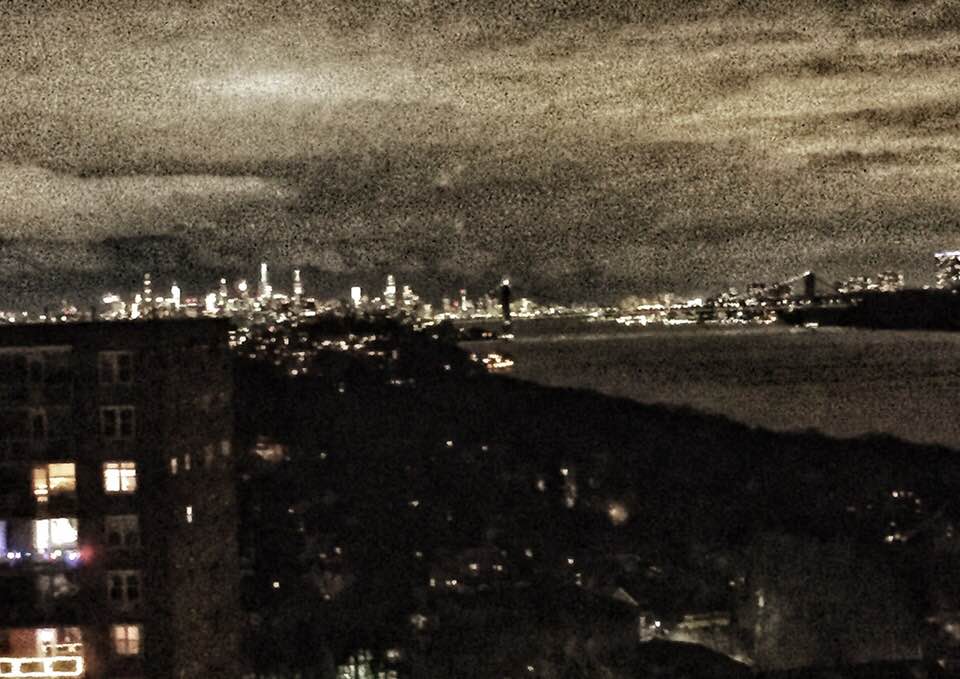New Year’s Eve is here, and somehow I am flooded with memories of a special summer more than sixty years ago and a hundred miles north, in the hamlet of Parksville, Sullivan County, New York.
Why? My son and his wife, joined by two other couples — all dear friends — have a tradition: they rent a house upstate and unplug to escape the artificiality of New Year’s Eve in New York City. Over a long snowy weekend, the crew cooks extravagant meals, drinks copiously, and contentedly dreams of better days in front of a roaring fireplace.
Back in the day, we didn’t have to unplug, because those were simpler times and we were perpetually unplugged. But, technology now being what it is, this year, the six Millennials are up in Livingston Manor, one town north of Parksville on Route 17.
Route 17. It’s called the “Quickway” because it allowed tenement dwellers of mid-20th century city life (remember: NO A/C back then) to escape the stifling heat and humidity of the outer boroughs in “no time” — at least when compared with the slow as molasses Old Route 17. Once our dads downshifted so their old cars could groan up the steep Wurtsboro Hills, they knew it was a matter of time before the fresh air, blue skies, and cold mountain streams of Sullivan County towns to the north awaited.
My childhood summers in Sullivan County were long ago. The area has gone through hard times — failed local economies and the elusive dream of legalized gambling were gateways to a plague of drugs and despair, and hotel and store foreclosures. I’m told that, in recent years, property values in nearby Ulster and Greene Counties have soared. A rising tide floats all boats; no wonder there has been an uptick in Sullivan County vacation home sales by downstaters, Covidiots in search of fresh air, green fields, and pastoral settings.

But back to Parksville. I had a great-uncle who flew military planes in World War I. He survived, prospered in the rag trade, and made some money. He bought a house in Parksville, not far from where my “poor relations” family once stayed every summer, in various bungalow colonies in and around Liberty and Monticello, two towns to the south.
I was a car-crazy little Fordham Road street urchin, and so I fell hard for Uncle Jack’s Cadillac Sedan de Ville. Acres of chrome. Wide-ass white wall tires. Red leather seats. Air-con. Power windows. He let me sit in his snazzy car with the a/c on during hot summer days, while the grownups shmoozed.

Uncle Jack’s house was huge, with a wide, wrap-around porch that me and my older cousins, Dori and Betty, would run around endlessly, working up a powerful hot summer thirst that only my aunt Hilda’s homemade lemonade could quench. Dori and Betty were smart, cute, and “wild” (my parents’ adjective, not mine; the dour little kid that was me thought they personified Supergirl status).

One day, Dori and Betty had an idea: exploring in the woods on the other side of the road. Game on. We found a path and started walking, deep into the forest. We carefully negotiated streams, fallen logs, collapsed hunter cabins. In the canopy of trees, it got darker and darker. We found salamanders. Dori kicked at deer pellets. We laughed to think of our parents, back at the house, playing boring old pinochle, when we were having so much fun.
In time, we got hungry. And thirsty. We were far from home base, or so we thought, for distances are “farther” and time is “longer” when you’re a little kid. But we pressed on, our shoes now muddy and soaked from fording streams in the deep forest.
Then, in the distance, we heard the unmistakable sound of water over rocks. Fresh water!!!! We rounded a bend and stopped short at the sight of an old man, in a dirty white dress shirt, black slacks, cracked leather shoes, sitting on a kitchen chair by the bank of the stream. He wore a yarmulke and tzitzis, the latter being the knotted fringes worn by Israelites since antiquity.
By the chair was a clear water glass held by a rope. He nodded to us and motioned us to come forward. We looked at each other with raised eyebrows. Dori pursed her lips and raised her eyebrows and I knew what she meant: “Ah, what the hell?”
Dori and Betty moved towards the man and I followed. The guy held the glass by the rope, lowered it into a deep pool of water, and carefully pulled it up. He proffered it to Dori. Dori reached out and took the glass by her fingertips as if she was a princess reaching for a diamond-encrusted chalice.
She sipped the stream water and solemnly passed the glass to Betty. As Dori smiled, Betty sipped and she, too, smiled. She passed the glass to me.
The old man nodded as if to say, “go ahead, drink.” I noticed a powder-blue pouch of Bugler cigarette tobacco in his back pocket and I relaxed; my maternal grandpa chain-smoked Buglers, so I figured this guy was ok.
I held the glass and sipped.
Tears of joy came to my eyes. Friends, that was the freshest, coldest, sweetest water I have ever tasted in my life.
I passed the glass back to the old man. He spoke not one word to us. He just nodded and smiled, and sat back down on his kitchen chair.
“C’mon, let’s head back,” Dori said.
“Yeah, before they realize how long we’ve been gone,” Betty added.
We waved goodbye to the old man, who seemed lost in thought by the side of the stream. He looked up and waved back. We picked up the trail and ambled back to the big country house with the wrap-around porch. It seemed like hours but we finally made it by late afternoon. The July sun was still high in the sky when we caught a whiff of the intoxicating aroma of dinner fixings that came from Hilda’s huge country kitchen. We knew we were close to home and we picked up the pace, crossed the road and trudged up the rutted gravel driveway.
We were just unplugged kids in an unplugged world. Our parents didn’t ask where we were or what we did. They simply left us kids on our own, free-range. And we didn’t mention the old man and his water station. That would be our little secret, forever and for all-time.
That evening, our entire family ate heartily from dishes and flatware passed down from the Old Country, and us kids drank copiously from pitchers of freshly made lemonade. There was barley soup, a huge platter of roast chicken and big bowls of rice, with candy-sweet carrots from Hilda’s garden. Homemade blueberry pie with a lattice crust was for dessert. After dinner, us kids played tag, as fireflies flitted. The dads lit Garcia y Vegas, drank schnapps, and the moms smoked Old Golds and kibbitzed. Dori lit punks for us kids, with her dad’s chrome Zippo. Night fell, the moon was huge, and the air was cool.
I was staring at Jack’s Caddy and dreaming of driving someday, travelling great distances in a future far from the Bronx. “Look up,” my great-uncle suddenly said to me, with a tap on my shoulder. He pointed heavenward.
It was a shooting star. Me, Dori and Betty stared, mouths agape. And then the three of us hugged. It had been a long day, full of adventure, and we were pooped. We sensed that this moment was special.
Enrobed in our scent of little-kid sweat, we three wearily went inside, and were tucked in by our moms. Moonlight streamed through the shears, and we tumbled into sleep, to the sound of our elders laughing and clinking glasses. They had made it through the dangers of Europe, the Great Depression, the horrors of two World Wars. In time, they too came inside, out of the chilly mountain air, and sat in front of a roaring fireplace, contentedly dreaming of better days ahead.
Just like my son, his wife, and their friends did on New Year’s Eve.
Stay safe everyone….
